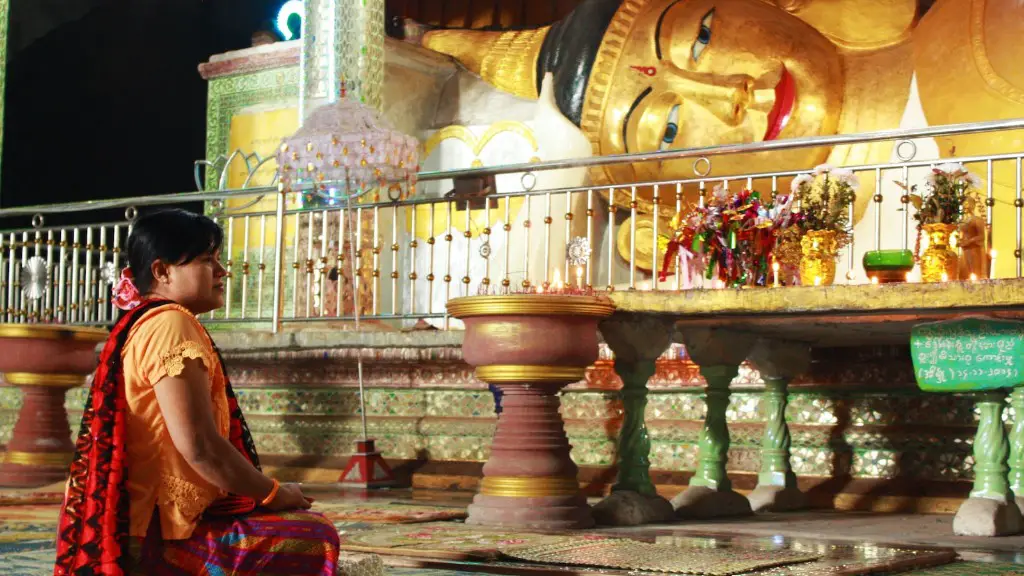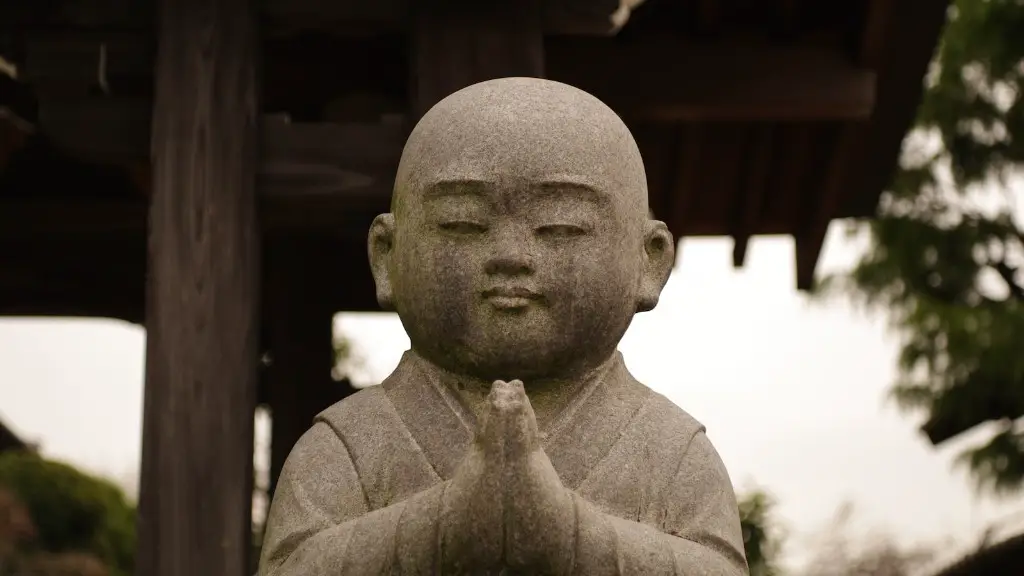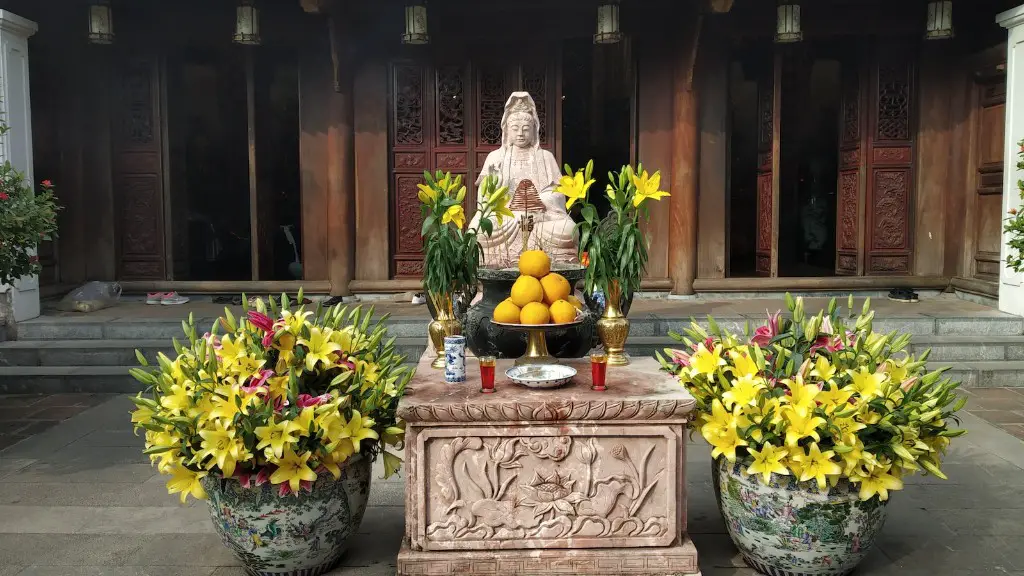Hinduism is one of the world’s oldest religions, and its holidays are some of the most important and spectacular. Holi, Diwali, Saraswathi Pooja, Vasant Panchami, and Ganesh Chaturthi are the most frequently celebrated Hindu holidays. Of all of them, however, Diwali is possibly the most important, as it marks the victory of light over darkness.
Diwali, or Deepawali, is the Hindu holiday of lights and it is celebrated by millions of people all around the world. The festival marks the victory of light over dark, good over evil, and knowledge over ignorance. It is believed that Diwali motivated Lord Rama, on his return from exile, and the goddess Lakshmi, who was the divine source of wealth and abundance, are celebrated on this day. On this day, people dress up, exchange gifts, light up their homes with lights and rangolis, and share sweets amongst each other.
In Hinduism, Diwali is celebrated in the honor of Lord Vishnu and Goddess Lakshmi. Diwali marks the beginning of the Hindu New Year and is celebrated with great enthusiasm. On this day, a special puja is performed in temples and homes to invoke the blessings of Lord Vishnu. It is believed that worshipping Lord Vishnu during Diwali contributes to the overall prosperity and progress of the family and the society.
Diwali is celebrated with great zeal and enthusiasm. People clean and renovate their homes, get new clothes, decorate their homes with lights and rangolis, perform puja, light up the houses with firecrackers, and share sweets and snacks with family and friends. In the evening, people gather around in family and offer prayers and exchange greetings. After the puja, people light up their houses with diyas and fire-crackers, to welcome Goddess Lakshmi, who is believed to bring wealth and prosperity to the family.
It is believed that the celebration of Diwali invites peace, joy and prosperity into the lives of people and drives away the forces of darkness and ignorance. Diwali is the most important holiday in Hinduism and its celebration brings people together, irrespective of their caste, creed or religion.
Holika Prayer and Rituals
Holi is an ancient Hindu festival that commemorates the arrival of spring and is celebrated predominantly in India and Nepal. Holika, also known as the ‘festival of colors’, is celebrated on the full moon day of the Hindu month of Phalguna. It is celebrated by people of all ages. Holika prayer and rituals, that are performed on the day of Holi, are strictly followed by Hindus.
The ritual of Holika involves the burning of an effigy of the demon Holika, symbolising triumph of good over evil, and the beginning of spring. The ritual begins with the preparation of the Holika bonfire, around which friends and families gather and offer prayers for peace and prosperity. Before the bonfire is lit, people also wash their hair and clothes in preparation for the occasion.
The Holika bonfire is set alight and the participants gather around it and offer their prayers for the blessings of God. They also exchange and apply colour powders to each other. The celebration of Holi is believed to bring joy and happiness in people’s lives and is seen as a renewal of life, as well as a celebration of spring.
Apart from being an important prayer and ritual of Holi, the Holika bonfire is seen as a representation of the victory of good over evil and a symbol of purification of human emotions. In addition, it is believed to bring the family closer to each other and the community closer to the gods.
Vasant Panchami
Vasant Panchami is one of the major Hindu festivals that is celebrated by Hindus all over the world. It marks the beginning of the spring season and is mainly dedicated to the goddess of learning, Saraswati. The festival is celebrated with immense enthusiasm and joy.
The tradition of celebrating Vasant Panchami consists of worshipping Goddess Saraswati, who is the goddess of knowledge, arts and culture. Hindus decorate the idols of goddess Saraswati with flowers and clothes, and offer prayers to seek her blessings. In addition, the day is also celebrated by people playing musical instruments, singing devotional songs, exchanging sweets and gifts, and setting up pandals for the goddess.
Apart from being a day to worship Saraswati, Vasant Panchami also marks the start of spring. People decorate their homes and shops with colorful flowers and plants, and celebrate the onset of the harvest season. In addition, people gather around in groups to play games like Holi and distribute sweets among family and friends.
Vasant Panchami is also known as Shree Panchami, as it is celebrated for the Shree god – goddess Lakshmi. On this day, people perform puja for goddess Lakshmi to seek her blessings for wealth and prosperity. People also visit temples on this day and perform customary aartis to invoke the blessings of the goddess.
Ganesh Chaturthi
Ganesh Chaturthi is one of the most significant Hindu festivals that is celebrated in India with great zeal and enthusiasm. It marks the birthday of Lord Ganesha and is celebrated on the fourth day after the full moon day in the month of Bhadra according to the Hindu calendar (July-August).
People bring idols of Lord Ganesha home to perform a puja for the god and seek his blessings. The puja involves the chanting of Vedic mantras, an offering of Prasad, smearing the Ganesha idol with insecticides, flowers, and durva grass, playing of musical instruments, and lighting of incense sticks. After the puja, people also distribute sweets and perform aarti for the God.
Ganesh Chaturthi is also celebrated to mark the beginning of the harvest season. The day is also celebrated through rituals like street processions carrying idols of Lord Ganesha, and offering prayers in temples. People also exchange gifts and perform rituals such as Ganesha Parikrama, in which people take the deity on a tour around the city.
Ganesh Chaturthi is an important Hindu festival that celebrates the birthday of Lord Ganesha, who is believed to be the remover of all obstacles. The day is celebrated with great enthusiasm and devotion and is an integral part of the Hindu culture and tradition.
Raksha Bandhan
Raksha Bandhan is an important Hindu festival that celebrates the unique bond between brothers and sisters. The festival is celebrated on the full moon day of the month of Shravana and adds colors of joy and emotions to the lives of those celebrating it.
On this day, sisters tie a sacred thread called Rakhi around the wrist of their brothers in a ceremony of mutual love and trust. They also exchange gifts, sweets, and prayers. The brother pledges to always protect his sister and give her the love and care she deserves.
The festival of Raksha Bandhan is celebrated with a lot of enthusiasm, joy and happiness. People organize religious functions in their homes and invite pundits to perform pujas. Sisters also get ready for the day and tie colourful and beautiful rakhis around their brothers’ wrists.
Raksha Bandhan is an important festival in Hinduism as it strengthens the bond of love and affection between brothers and sisters. It is believed that by observing this festival, one will receive peace, prosperity, and lots of blessings from God.
Conclusion
Hinduism is one of the oldest religion and its holidays are some of the most vibrant and important celebrations. Diwali is one such festival that is celebrated with great enthusiasm and devotion and is believed to bring joy, peace and prosperity to the lives of people. Moreover, Holi, Vasant Panchami, and Ganesha Chaturthi, along with Raksha Bandhan, are some of the other major Hindu festivals that add colors to the lives of people.


